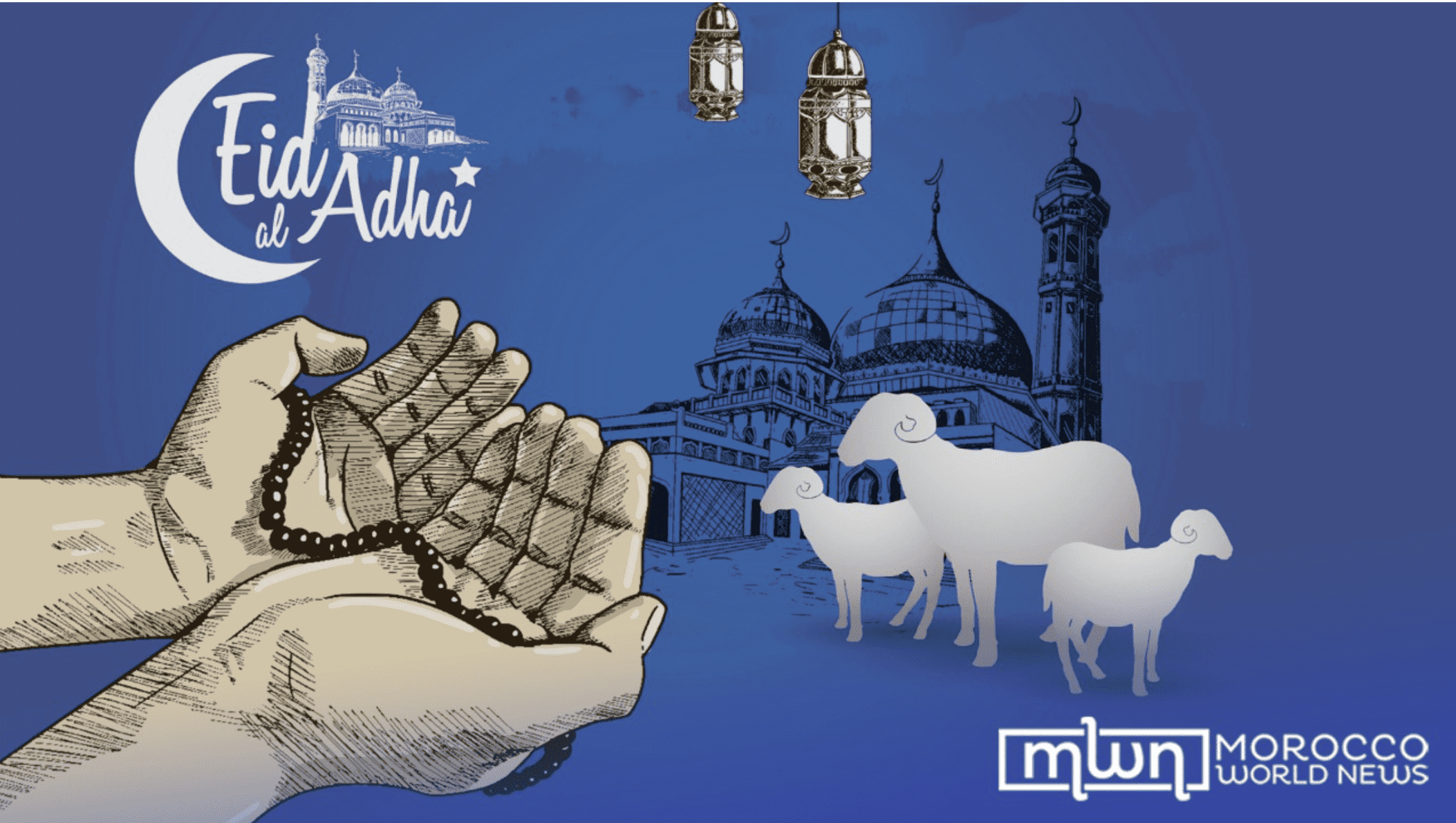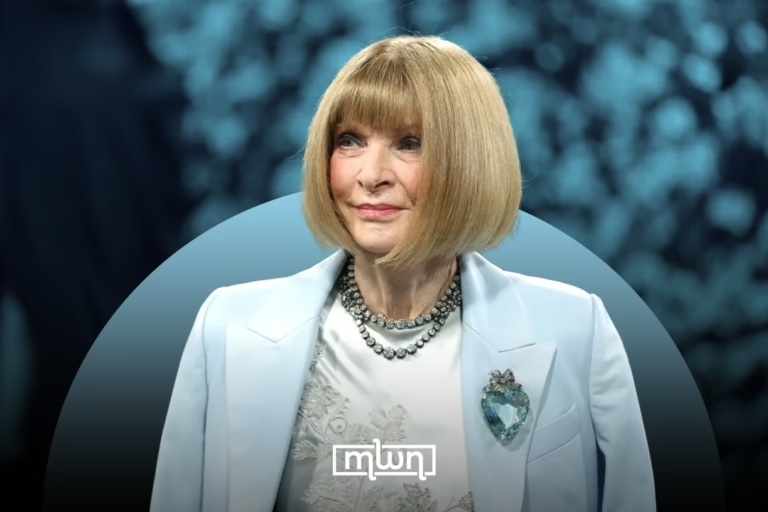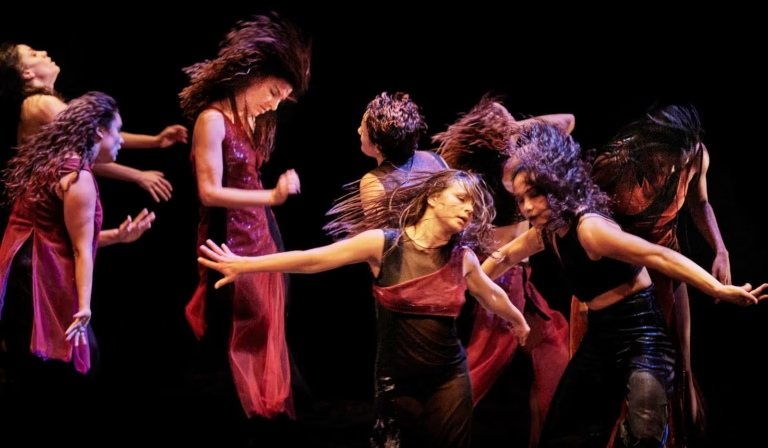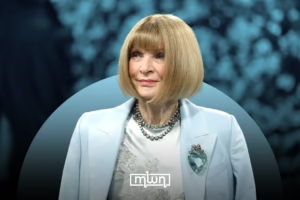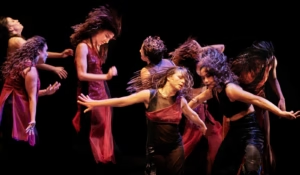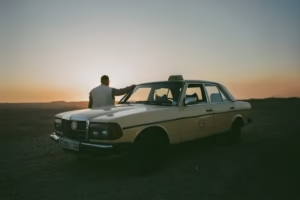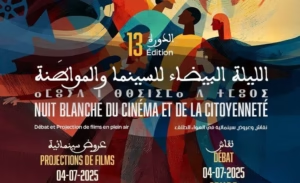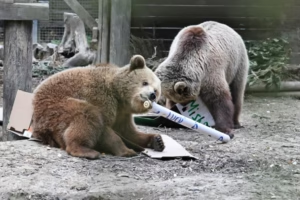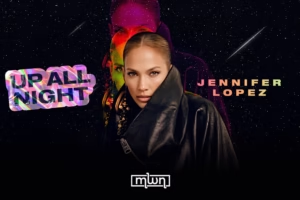Casablanca – Celebrated on the tenth day of the Islamic month of Dhu al-Hijjah, Eid Al Adha, also known as Eid el-Kebir in Morocco, is one of the most important holidays in the Muslim calendar.
During Eid Al Adha, Muslims around the world traditionally visit family and friends and sacrifice an offering (lamb, ox, camel) in memory of the lamb sacrificed by Prophet Ibrahim (Abraham).
Through offering a cattle sacrifice from the beginning of Eid Al Adha until the last day of al-Tashreeq, the three days after the Day of Sacrifice, Muslims strengthen their relationship with God.
Eid Al Adha also coincides with the Hajj season, as the pilgrims complete their Hajj rituals one day before Eid by ascending Mount Arafat on the 9th day of Dhu al-Hijjah. Due to Eid Al Adha’s link to the Hajj, it is also known as the “Feast of Pilgrims.”
Eid Al Adha’s origin story
Eid Al Adha commemorates the tale of the Prophet Ibrahim (Abraham) and his willingness to sacrifice his son Ismail to prove his faith in God.
When fleeing his homeland, Ibrahim had asked God for a virtuous son. Hearing Ibrahim’s prayers, God blessed Ibrahim and Hajar, his wife, with Ismail when Ibrahim was 86 years old.
When Ismail grew up, God, seeking to test Ibrahim’s faith, appeared to him in a dream and demanded the sacrifice of Ismail.
As a loyal servant of God, Ibrahim was prepared to fulfill the heavenly command. However, as Ibrahim had proven his faith through his willingness to follow God’s wishes, the angel Jibril intervened and replaced Ismail with a ram.
Thousands of years later in 622 A.D., the Prophet Muhammad instituted the celebrations of Eid Al Adha to honor this miraculous incident.
Eid Al Adha preparations
Around ten days before Eid, marketplaces throughout Morocco begin selling various types of rams, leading to a bustling economic movement.
While the men traditionally visit the souks to choose their sheep, women prepare various small cakes and buy the tools and spices necessary for the preparation of the dishes.
There are additionally seasonal occupations associated with Eid Al Adha, such as selling sheep’s fodder in the streets and alleys of popular neighborhoods, sharpening knives, and trading charcoal, grills, iron bars, and other Eid supplies.
The spice trade is also very popular during Eid, as Moroccan families seek to acquire various types of spices to use in the preparations of special meals. Such preparations include cooking lamb’s guts, and drying meat under the sun, to create dishes such as “Mrouzia” (a traditional Moroccan meat tagine) and other meals that differ between regions
Eid Al Adha in Morocco: special etiquettes and rituals
On Eid Al Adha, Islam mandates a series of community rites for Muslims to undertake.
Takbir, the proclamation of the greatness of God, is one of the Muslim rituals performed during Eid. According to Islamic tradition, the takbir must be recited from the dawn of the day of Arafat until the afternoon of the last day of al-Tashreeq, the thirteenth day of the month of Dhu al-Hijjah.

Eid prayer is another key ritual, during which everyone completes two rakats, movements performed by Muslims during salat (prayer), before the imam delivers two sermons. While some sects view Eid prayer as a confirmed Sunnah — the collection of traditional Islamic legal and social practices — others do not consider it a necessary component of Eid.
On the morning of Eid, Moroccans go to mosques to pray, donning the traditional “Jellaba” and “al-Balgha” Moroccan attire, before returning to their homes to begin the sacrifice.

Housewives first clean the ram’s guts, before grilling the liver and portions of the sacrifice’s entrails.
As per Moroccan tradition, the grilled meat bars are then handed to family members with cups of tea, and the remainder of the sacrifice is consumed the following day.
Since the manner of the sacrifices is among the Sunnahs of Eid, Islamic jurisprudence literature provides stipulations concerning their type, age, description, and legality. Offering sacrifices to the poor and needy is also a requirement of Eid.
Upon completing the sacrificial rituals, visits, and greetings amongst family, relatives, and loved ones begin. This rite is also considered a confirmed Sunnah of Eid Al Adha.
Read Also: Eid Al Adha 2022 in Morocco Expected on July 10
Eid Al Adha celebrations in the Arab Muslim world
Although there are many similarities among Eid celebrations in the Arab Muslim world, each country and culture has its own unique traditions and delicious delicacies for the occasion.
Across the Muslim world, sweets and biscuits are frequently prepared ahead of time, and children showcase their new, traditional attire and costumes.
As most Muslim Arabs consume every portion of the animal, certain dishes incorporate the animal’s head, tail, intestines, stomach, and even their brain or fat.
While Muslim Arab nations share similar customs for commemorating Eid Al Adha, there are certain variances that make each Muslim country’s celebration distinctive.
In Tunis, for example, one of the customs that has begun to disappear today is the custom of decorating the Eid sacrifice. Children assemble, clutching sheep dressed with colored ribbons, boasting about the sacrifice’s beauty and splendor, particularly its massive horns.
In Sudan on the other hand, women prepare pickles and drinks, precisely the “sherbot” juice made with dates. This famous Sudanese juice is frequently brewed overnight and served after meals to aid digestion.
The darker side of Eid Al Adha
Although Eid Al Adha is primarily a festive, joyous occasion, its celebrations can also lead to unintended pollution and cleanliness issues.

Every year, household waste grows with the arrival of Eid Al Adha, and the streets of many Moroccan regions and cities are polluted with the leftovers of wood charcoal and the remains of improvised barbecues. The foul odors such waste emits further contribute to the state of uncleanliness.
As garbage and scavengers accumulate in the country’s towns and neighborhoods before and during Eid Al Adha, official and civic authorities have initiated programs to make Eid a clean day free of environmental and health hazards.
Nevertheless, although the waste issues can not be ignored, Eid Al Adha remains an inclusive festival that commemorates the shared origins of the three monotheistic religions and unites Muslims across the world in an environment of piety, joy, and generosity.
Eid Adha Mubarak Said!

